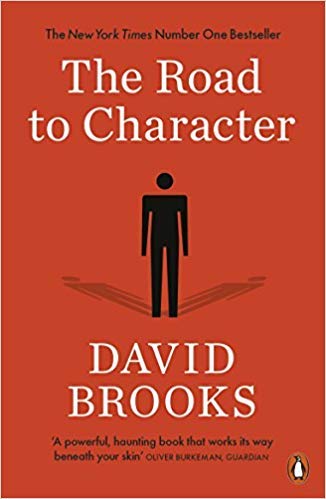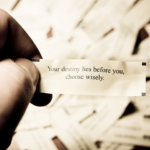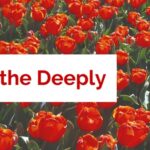“We come to know people slowly- not through formal interviews, but side by side in ordinary moments.”
—Stephen St. Amant, Author of the Savenwood Blog
It’s in the comfortable silence of a morning walk, the laughter shared over a small mistake, or the steady rhythm of simply showing up.
Real connection doesn’t announce itself; it unfolds gently, like sunrise — soft light revealing what’s always been there.
Over time, trust grows in these everyday spaces, where we see each other as we truly are, without performance or polish.
That’s where friendship, love, and understanding take root — one shared moment, one ordinary day at a time.
EXERCISE:
What are some of the ways that you get to know people better?
How might a slower approach woven from small threads of everyday life help you build and nurture your most important connections?














